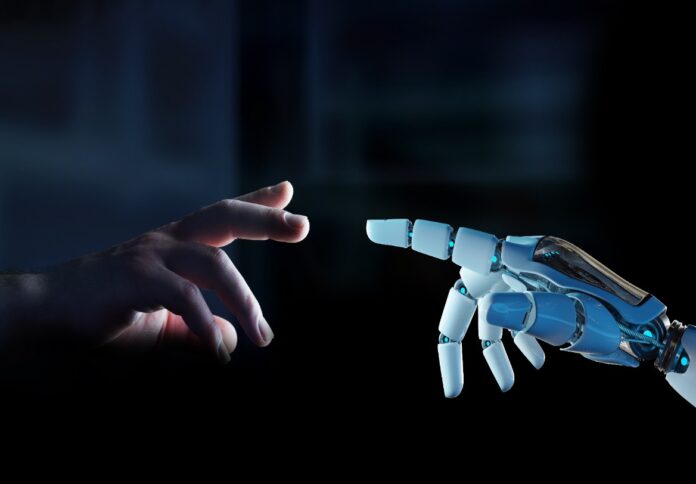
The increasing use of collaborative robots (cobots) in Australian workplaces may pose significant psychosocial risks to workers, according to a new study by Monash University Business School.
While cobots are transforming industries by increasing productivity and reducing physical workplace risks, the research warns that their introduction could negatively affect workers’ mental health and job security if not managed properly.
Cobots are now being used in a variety of roles, from operating heavy machinery to assisting in delicate surgical procedures.
Projections indicate that automation, including cobots, could increase Australia’s productivity growth by 50 to 150 per cent, contributing an additional $170 billion to $600 billion to GDP by 2030, according to the National Robotics Strategy.
However, Monash Business School’s research, led by Professor Herman Tse, highlights that despite the efficiency and safety benefits of cobots, their presence may also introduce psychosocial hazards.
These include job insecurity and role ambiguity, as workers may view cobots as a threat to their job stability.
“Workers often perceive cobots as potential threats to their job stability, especially when collaboration between humans and machines is minimal; lower collaboration may be perceived as a strategy to automate work and replace operators with machines. This perception can lead to increased stress and decreased trust in new technologies,” said Professor Tse.
The study points to the importance of engaging workers in the integration of cobots to alleviate these concerns. According to Professor Tse, involving employees in the planning and implementation stages of collaborative robots can reduce psychosocial risks and improve acceptance of the technology.
Key recommendations for organisations:
- Worker engagement: Involve employees from various departments in discussions about how cobots will be integrated into their work environment.
- Enhanced consultation: Provide clear communication regarding the impact cobots will have on job roles and responsibilities, ensuring transparency in decision-making.
- Risk assessments: Conduct comprehensive assessments to identify and address potential psychosocial hazards associated with the introduction of cobots.
The study emphasises that participatory change management, where employees are actively consulted and involved in the transition process, can significantly mitigate the negative effects of cobots on workers’ mental well-being.
The global cobot market has grown rapidly, reaching US $50 billion since 2018, driven by rising automation needs in sectors such as manufacturing, automotive, healthcare, and food processing.
In Australia, the adoption of cobots is expected to accelerate further as businesses look to enhance productivity and address labour shortages.
“Cobots enhance productivity and address labour shortages, making them attractive for both large and small businesses, and advancements in cobot technology will further boost their adoption in Australian workplaces,” Professor Tse noted.
The research underscores that by prioritising employee engagement and conducting thorough risk assessments, companies can ensure a smoother transition to cobots while safeguarding workers’ psychological well-being.



















